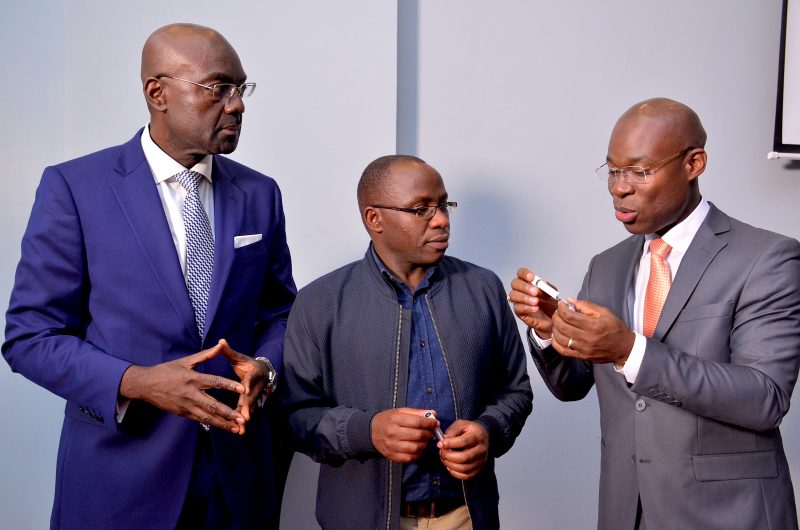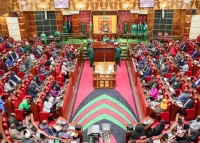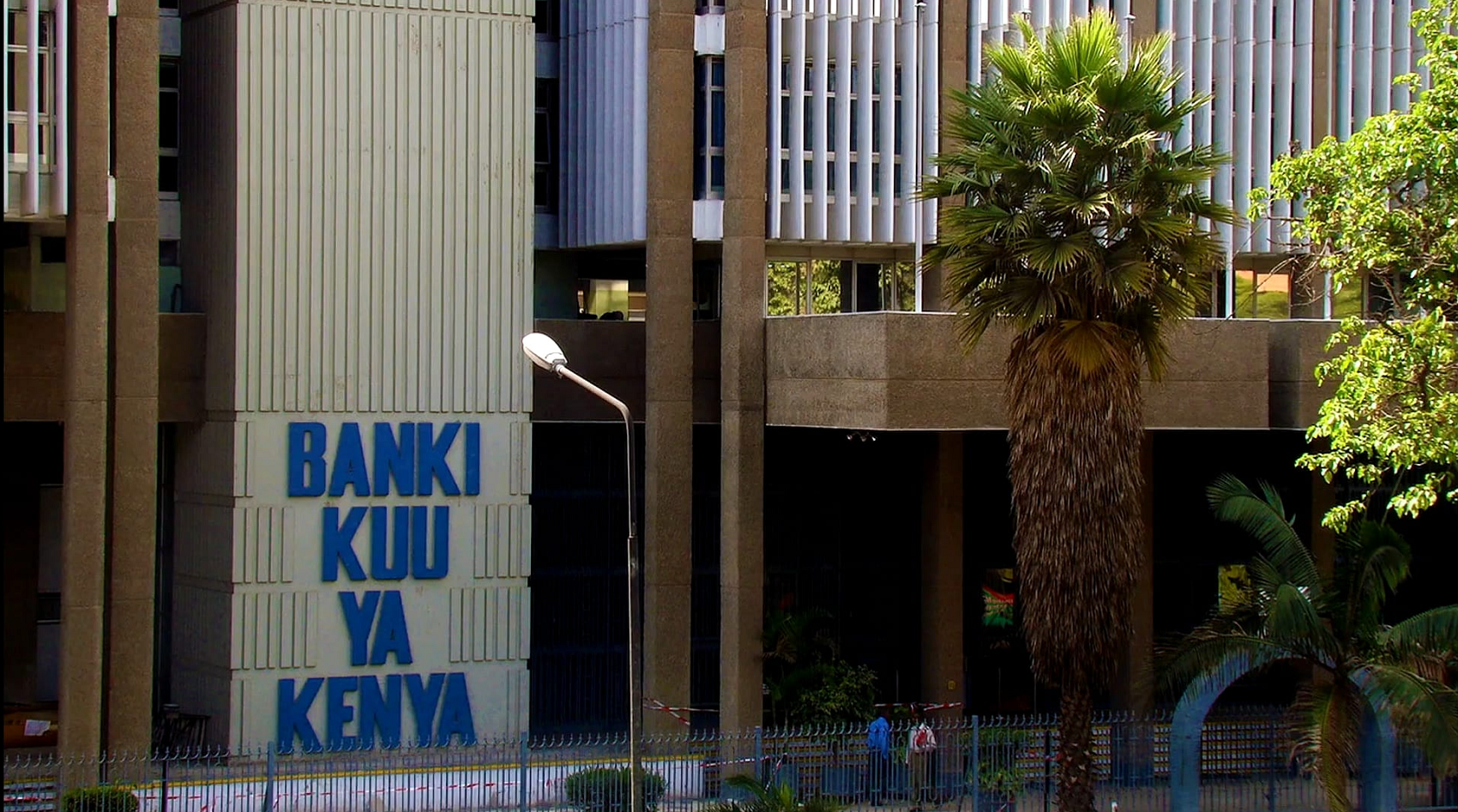HIV/AIDS research received a major boost on October 25 following the commissioning of the latest technology in blood sample collection in the country.
MagBio Solutions Africa (MGSA), a health research company headquartered in Nairobi launched the Blood STATIS DNA technology, a plastic evacuated tube that contains additives that help in slowing down platelets from clumping together to form a clot.
The tube is tailored to stabilize, transport and store blood at room temperature for upto 21 days which eliminates the need for costly cold chain transportation of blood samples.
Going forward, this means that it will be easier to collect and preserve blood for HIV testing for longer periods without possible contamination of the samples.
It will also assist researchers in viral load (number of HIV viruses in the bloodstream) monitoring for patients suffering from HIV/AIDS and easy follow up as Blood STASIS tubes allow stabilization of the HIV virus in blood for 21 days.
Kenya is the first country in Africa to launch this technology which is a major boost for the country’s fight against HIV/AIDS.
MGSA has already obtained the requisite approvals for the technology from the Pharmacy and Poisons Board of Kenya and the Kenya Medical Research Institute (KEMRI).
Speaking during the launch which was attended by National AIDS and STI control Programme (NASCOP) Head Dr. Kigen Barmasai as well as senior scientists and researchers from KEMRI and the University of Nairobi (UON), Dr. Hyacinth Ntchobo, global MGSA CEO said the system allows flexibility and more efficiency in processing high volume blood samples for HIV.
He challenged scientists in Kenya to deploy medical technology in the fight against HIV/AIDS like the United States and Europe is doing at the moment.
Dr. Ntchobo added that the company is working closely with research institutions in Kenya and the rest of Africa to develop customized products or technology as a solution to address scientific challenges.
He further said the company plans to set up a production factory for its output in Kenya in the near future to serve the region.













5 Comments